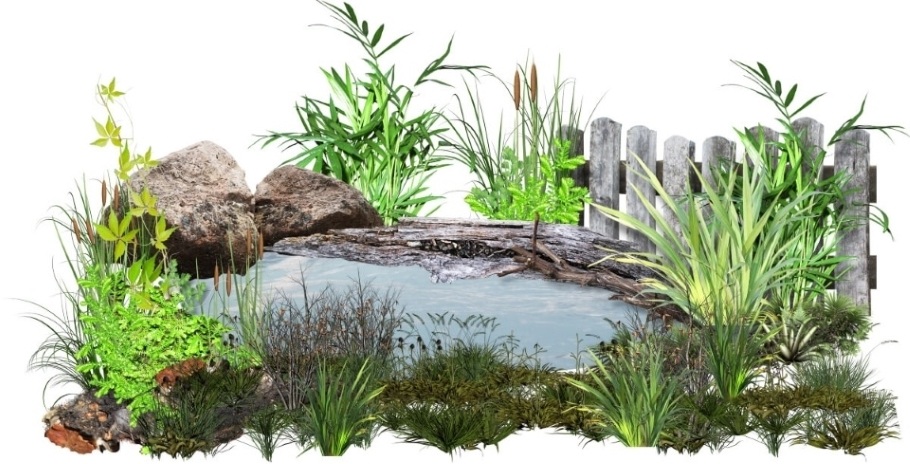Health Benefits of Gardening for Senior Women
Author: American Society for Horticultural Science
Published: 2016/10/13 - Updated: 2020/09/19
Category Topic: Hobbies - Related Publications
Page Content: Synopsis - Introduction - Main
Synopsis: Gardening has physical and psychological benefits for older women including reduced waist circumference, improved aerobic endurance, hand dexterity, cognitive function, and daily physical activity. The authors say that, despite the documented benefits of regular physical activity, most elderly individuals spend 80% of their daily time in sedentary activities.
Introduction
A study in HortTechnology confirms that gardening has a multitude of physical and psychological benefits for older women. Elderly women who participated in a 15-session gardening intervention significantly reduced their waist circumference and improved aerobic endurance, hand dexterity, cognitive function, and amount of their daily physical activity. In contrast, elderly women in the control group (nonparticipants in the gardening intervention) experienced reductions in physical and psychological health.
Main Content
The authors say that, despite the documented benefits of regular physical activity, most elderly individuals spend 80% of their daily time in sedentary activities. "Gardening is a popular leisure time physical activity among elderly individuals," they noted.
To investigate benefits of engaging in gardening, the researchers studied 24 elderly women at a senior community center who participated in the 15-session gardening intervention.
An additional 26 elderly women at another senior community center (the control group) did not participate in any gardening during the study.
Health assessments were done for both groups before and after the gardening intervention, which involved twice-weekly sessions for an average duration of 50 minutes per session.
Intervention participants did gardening tasks such as garden design and planning, making furrows in the plots, making name tags for garden plots, planting transplants, garden maintenance (e.g., fertilizing, weeding, watering, harvesting), and other activities such as flower arrangement and garden parties.
Activities were selected for the study to represent low- to moderate-intensity physical activities that would yield similar health improvements or maintenance.
Following the 15-week program, women in the gardening intervention group exhibited a significant decrease in waist circumference, while the waist circumference of women in the control group showed a tendency to slightly increase. Women in the gardening intervention group maintained their lean mass, but women in control group lost lean mass over the period.
Women's aerobic endurance was also affected; the intervention group showed increased scores in an aerobic endurance test; the control group showed no improvement in a step test for aerobic endurance. Women in the intervention group also demonstrated improvements in hand dexterity.

Cognitive and Psychological Functions
The women in the gardening intervention experienced benefits to cognitive and psychological functions as well.
Assessments revealed that women in the intervention group showed "significant improvement" in cognitive function.
Interestingly, women in the control group exhibited a "significant increase" in scores for depression, with symptoms progressing from normal before the intervention period to moderate depression symptom at the end of the study. "Meanwhile, the depression scores of elderly women in the gardening intervention group did not change during this period," the authors said.
The researchers said their results demonstrate that the gardening intervention improved the physical and psychological health conditions of the elderly women who participated. "Moreover, satisfaction with the gardening intervention as a leisure time physical activity for health conditions of elderly women was very high," they said.
The complete study and abstract are available on the ASHS HortTechnology electronic journal web site: horttech.ashspublications.org/content/26/4/474.abstract
Attribution/Source(s): This quality-reviewed publication was selected for publishing by the editors of Disabled World (DW) due to its relevance to the disability community. Originally authored by American Society for Horticultural Science and published on 2016/10/13, this content may have been edited for style, clarity, or brevity.